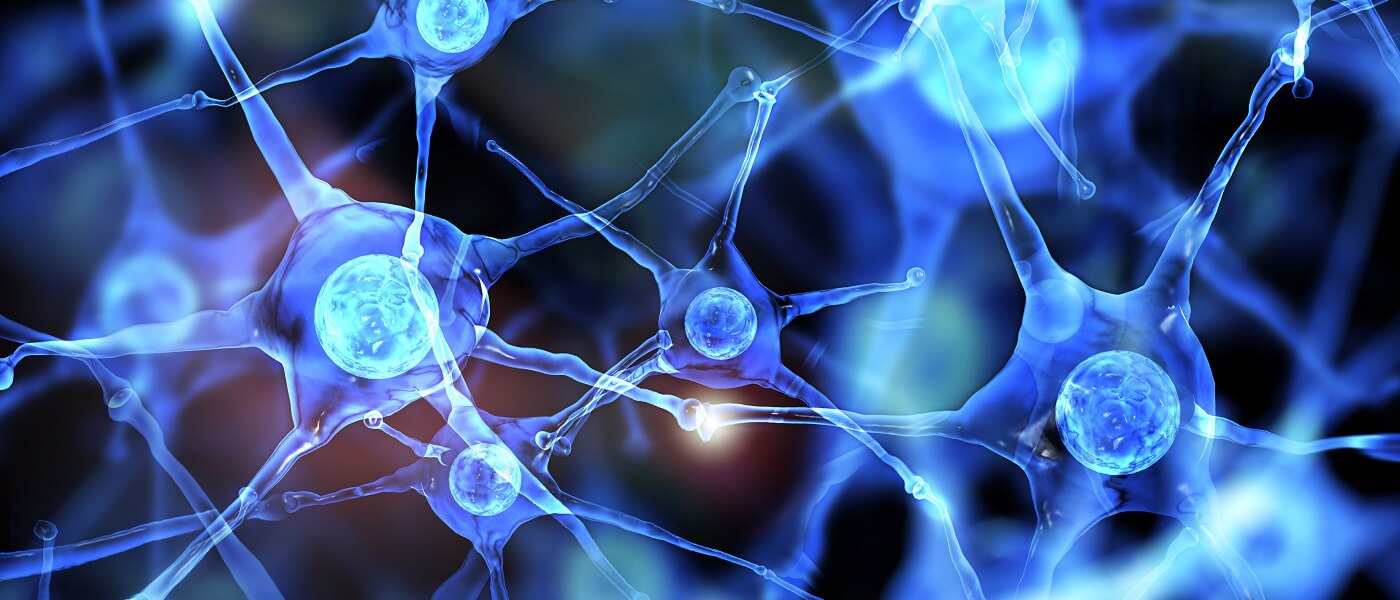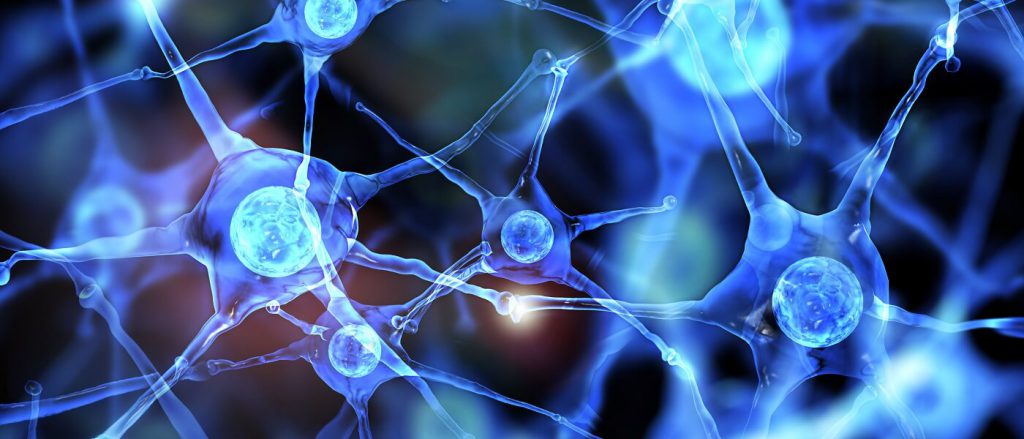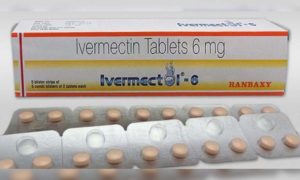New Study: Autism Is An Immune Response

 One of the theories about the cause of autism is that vaccines create an immune response that transports injected neurotoxic metals such as the adjuvant aluminum across the brain-blood barrier, causing inflammation. Despite heavy push back from the pharmaceutical industry, this theory seems to be gaining traction.
One of the theories about the cause of autism is that vaccines create an immune response that transports injected neurotoxic metals such as the adjuvant aluminum across the brain-blood barrier, causing inflammation. Despite heavy push back from the pharmaceutical industry, this theory seems to be gaining traction.
In a recent study T‐lymphocytes and Cytotoxic Astrocyte Blebs Correlate Across Autism Brains, published in the Annals of Neurology, Dr. Marcello M. DiStasio et al. have linked autism spectrum disorder (ASD) with inflammation. Specifically, they saw an increase in “multifocal perivascular lymphocytic cuffs”. These immune cells surrounding the blood vessels in the brain are an indication of inflammation and the body targeting an undetermined pathogen:
We report multifocal perivascular lymphocytic cuffs contain increased numbers of lymphocytes in ~65% of ASD compared to control brains in males and females, across all ages, in most brain regions, and in white and grey matter, and leptomeninges. CD3+ T‐lymphocytes predominate over CD20+ B‐lymphocytes and CD8+ over CD4+ T‐lymphocytes in ASD brains. Importantly, the perivascular cuff lymphocytes numbers correlate to the quantity of astrocyte‐derived round membranous blebs. Membranous blebs form as a cytotoxic reaction to lymphocyte attack. Consistent with multifocal immune cell‐mediated injury at perivascular CSF‐brain barriers, a subset of white matter vessels have increased perivascular space (with jagged contours) and collagen in ASD compared to control brains. CSF‐brain barrier pathology is also evident at cerebral cortex pial and ventricular ependymal surfaces in ASD.
The authors don’t mention vaccines explicitly but their study helps solidify the case that vaccines which are intended to create a bodily immune activation contributes to inflammation and damage of the brain and subsequently autism spectrum disorder.



